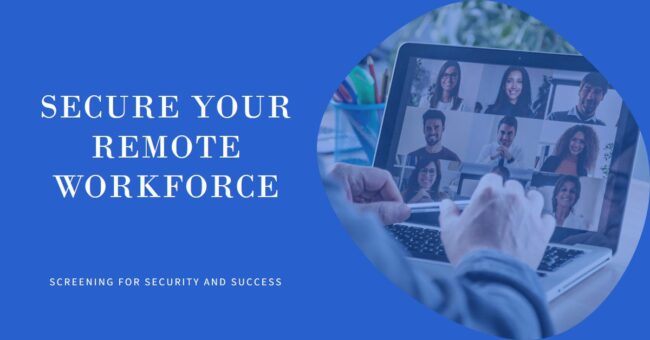Background checks are a process used by employers, organizations, or individuals to verify and assess the qualifications, history, and suitability of a person for a specific role, purpose, or activity. These checks typically involve investigating an individual’s personal, professional, and sometimes criminal history to ensure that the information provided is accurate and to reduce risks associated with hiring or other engagements. Background checks serve various purposes, including employment, tenant screening, volunteer work, and more. Here are some common types of background checks:
1. Criminal Background Check: This check involves searching for an individual’s criminal history, including arrests, convictions, and any records related to criminal activity.
2. Employment Verification: Employers verify an applicant’s work history, including job titles, dates of employment, and job responsibilities to ensure that the qualifications and experience match what’s presented on the resume.
3. Education Verification: This verifies an individual’s educational credentials, such as degrees, diplomas, and certifications, to confirm that they have the required qualifications for a particular role.
4. Reference Checks: Employers or organizations contact provided references to gather information about an applicant’s character, work ethic, and reliability.
5. Credit Check: In some cases, particularly for positions involving financial responsibilities, employers or lenders check an individual’s credit history to assess their financial reliability and history.
6. Identity Verification: This ensures that the individual’s identity is legitimate and accurate, reducing the risk of identity theft or fraudulent activities.
7. Drug Testing: Some employers or organizations require drug testing to confirm that applicants or individuals are not using illegal drugs, particularly for safety-sensitive roles.
8. Global Background Checks: For international hires or activities, these checks may include verifying credentials, criminal history, and other relevant information from other countries.
9. Social Media Checks: Some employers or organizations may review an individual’s social media profiles to gain insights into their behavior, character, and professional activities.
10. Tenant Screening: Landlords and property management companies conduct background checks on prospective tenants to evaluate their rental history, creditworthiness, and suitability as renters.
11. Volunteer Screening: Organizations that rely on volunteers may conduct background checks to ensure the safety of their clients or community.
12. Professional License Verification: Certain positions require specific professional licenses or certifications, and employers verify that the applicant holds the necessary credentials.
Background checks are conducted in accordance with legal regulations, and individuals usually need to provide their consent before a background check is conducted on them. The information obtained from these checks helps employers, organizations, and individuals make well-informed decisions, reduce risks, and enhance security in various contexts.

